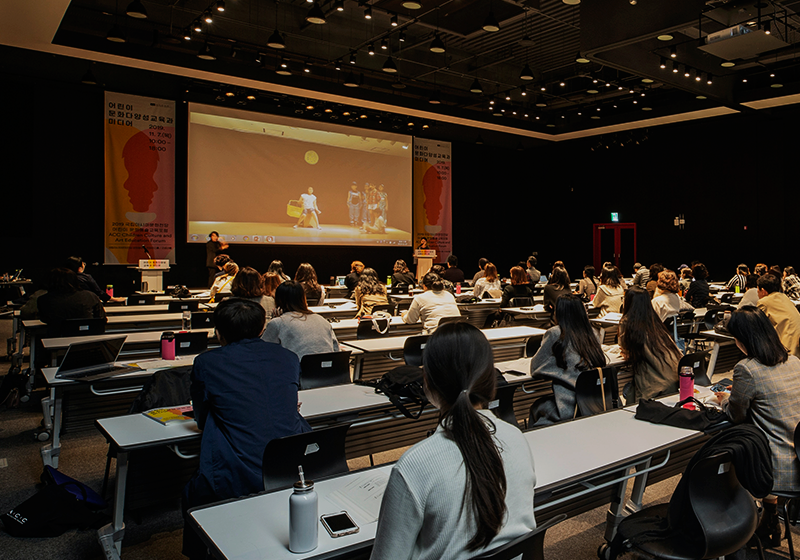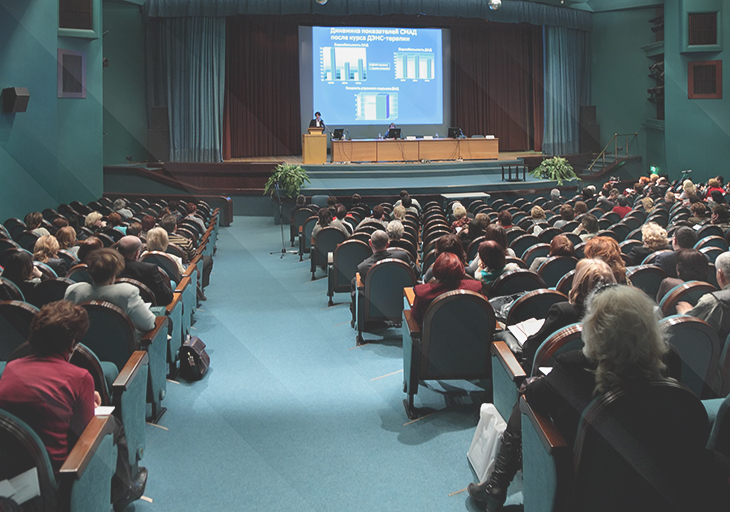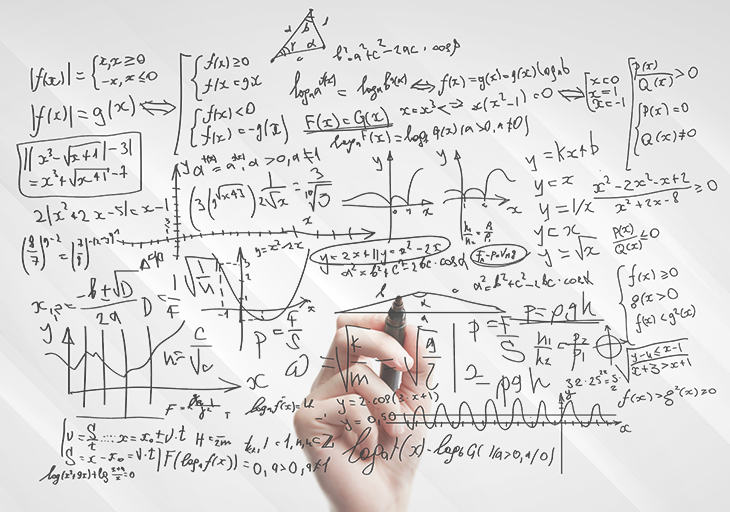 NÃO DEIXE DE ESTUDAR NA MELHOR UNIVERSIDADE FEDERAL DO BRASIL!!!!
NÃO DEIXE DE ESTUDAR NA MELHOR UNIVERSIDADE FEDERAL DO BRASIL!!!!
São 25 Vagas
5 Para Cotas Raciais e 1 para cota PCD
Requisitos:
Ser professor de Matemática
Estar em efetivo exercício
Regras:
Vagas preferencialmente para Rede Pública de Ensino
Apenas no maximo 20% total das vagas preenchidas pela rede pública poderá ser prenchida com docentes da rede privada
contato: profmat@im.ufrj.br
Saiba mais clicando AQUI.
 Titulo: Asymptotic description for the localized solution of the Cauchy problem for the wave equation with fast-oscillating coefficient.
Titulo: Asymptotic description for the localized solution of the Cauchy problem for the wave equation with fast-oscillating coefficient.
Palestrante: Sergey Sergeev (PUC-Rio)
Data: 23/08/2023
Horário: 12h
Sala: C-119
Resumo: We consider the Cauchy problem with localized initial conditions for the multidimensional wave equation. The coefficient of this wave equation is assumed to be fast-oscillating. We are interested in the asymptotic (while localization parameter of initial condition is small) description of the given Cauchy problem. Such formulation leads to the appearance of two small parameters: the localization parameter and the parameter of oscillating in the wave equation coefficient. The ratio between the given parameters is crucial and affects the form of the main part of the asymptotic solution. We use the homogenization procedure which takes into account this ratio and as result we obtain the equation with smooth coefficients. This equation is of the form of the wave equation with dispersion correction, which appears due to the homogenization procedure. The main part of the asymptotic solution for the initial Cauchy problem thus can be described with the help of the asymptotic solution of the homogenized equation with the smooth coefficients and can be presented in the analytical form with the help of the Airy functions and related to them.
 Título: A Perfect Path from Computational Biology to Quantum Computing
Título: A Perfect Path from Computational Biology to Quantum Computing
Palestrante: Celina Miraglia Herrera de Figueiredo
Data: 14/06/2023
Local: Centro de Tecnologia da UFRJ (CT), Bloco H, sala H324b, ou no canal do PESC do Youtube.
Horário: 10h.
Resumo: I'll revisit my contributions to the P versus NP millennium problem and the computational complexity of combinatorial problems, especially those arising in Computational Biology and Quantum Computing, through 20 PhD theses, mine and of my students. I'll explain how the dichotomy NP-complete versus polynomial-time of long-standing problems together with their multivariate analysis is settled. Yet, intriguing questions remain.
Visite o SITE
Clique AQUI e saiba mais
 Título: Mini-course. Limit theorems in dynamical systems using transfer operator methods
Título: Mini-course. Limit theorems in dynamical systems using transfer operator methods
Palestrante: Douglas Coates, University of Exeter >< USP-São Carlos
1) 01/06 às 17:00 DMAT-PUC, sala 856
2) 05/06 às 13:00 IM-UFRJ, CT sala C-119
3) 16/06 às 10:00 IM-UFRJ, CT sala C-119
Resumo:
In this mini-course, we will discuss the so-called Nagaev spectral method: a method that exploits properties of the Ruelle-Perron-Frobenius transfer operator in order to establish limit theorems (such as the central limit theorem) for dynamical systems. The course will consist of three sessions. The first two sessions will be devoted to motivating the problem, introducing the required mathematical tools, and discussing some first properties of the transfer operator. In the final session, we will give explicit examples of proving the central limit theorem using the Nagaev method.
Informações do evento AQUI
 Título: O atrator geométrico de Lorenz e suas variantes
Título: O atrator geométrico de Lorenz e suas variantes
Palestrante: Maria José Pacífico (IM, UFRJ)
Data: 02/06/2023
Horário: 13:30h
Local: C-116
Resumo: Vamos explicar a construção do atrator geométrico de Lorenz e deduzir suas propriedades dinâmicas principais. Também falaremos sobre algumas variantes desse atrator e alguns resultados recentes descrevendo algumas propriedades estocásticas e ergódicas do atrator geométrico de Lorenz.
